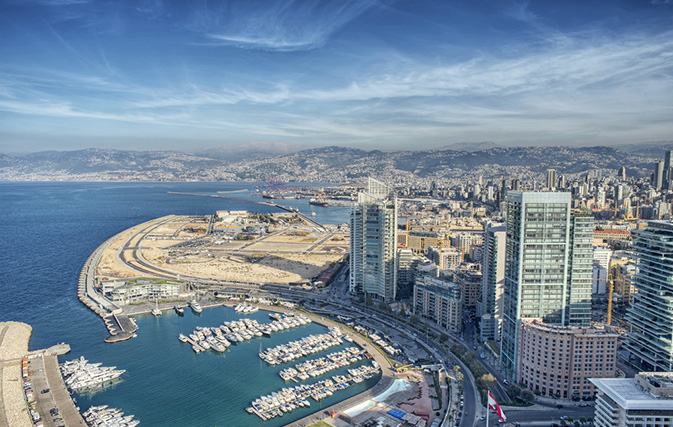BEIRUT — Beirut’s landmark Hamra Street is bustling again and hotel occupancy rates are on the rise as Lebanon’s tourism industry rebounds, thanks in no small part to the misfortunes of its Middle East neighbours, engulfed by wars, chaos and political upheaval.
It was just four years ago when Lebanon seemed to be losing its grip on its internal security. The spectre of war spilling over from neighbouring Syria hung low over the capital and Lebanese proprietors looked longingly to the stability in Turkey and the Gulf region.
But now, Lebanon’s tourism sector is on the rise as the Gulf and Turkey, to the surprise of many, are looking shaky. While neighbouring Syria and Iraq burn, the Lebanese industry is looking – cautiously but optimistically – at the promise of a new beginning.
“I know the region is going through very difficult times, but Lebanon has gotten lucky,” said Tourism Minister Avedis Guidanian.
Since last year’s doldrums during the summer tourist season, Lebanon’s notoriously slow-moving and divided politicians have gotten it together to appoint a head of state after a two-year presidential vacuum, form a government, and agree to a law governing elections that has made possible parliamentary elections that were delayed since 2013. A spate of suicide bombings has been contained and militants have been pushed back, to a large extent, across the border with Syria.
Authorities have also beaten back popular unrest over corruption and non-accountability and restarted trash collection services in the capital, though the pungent smell of waste still greets travellers at the airport, thanks to a new landfill the government opened in a hurry just beyond the seaside runway.
Hotel occupancy in Lebanon, which went through 15 years of civil war that ended in 1990, is up by 25% compared to the same period last year, according to the president of the national hotel owners’ syndicate, Pierre Ashkar, reaching 65% this summer.
And passenger arrivals at Beirut’s airport outnumbered departures by about 24,000 during the recent Eid al-Fitr holiday, compared to about 19,000 last year, suggesting travellers are staying longer, according to statistics from the Civil Aviation Authority. Beirut’s airport is the only practical way to enter and leave the country for all except Syrians.

